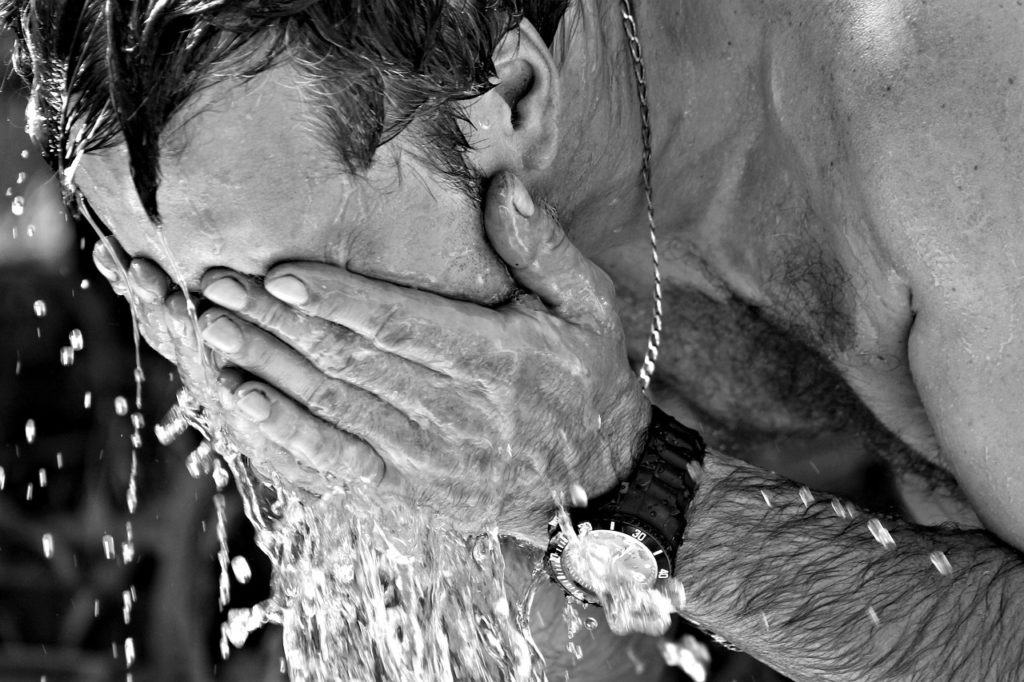
Heat Stress
What is heat stress?
When your body cannot cool itself enough to maintain a healthy temperature, occurs heat stress. You may be at increased risk of heat stress, when it is very hot.
How do you get heat stress?
Our bodies are able to maintain a stable temperature when the temperature of our surrounding environment is around 90 °F. Repeated hot days can threaten our body’s function normally and ability to cope.
People who are at increased risk of heat stress
Some people are more likely to experience heat stress, including:
- young children and babies
- the elderly
- teenagers and older children
- people with existing mental and physical health conditions or using certain medications
- people who work outside
- people who exercise
- overseas travellers who are not used to the heat.
Signs and symptoms
Signs of heat stress include:
- confusion
- muscle cramps
- pale skin, dizziness
- headache, nausea (feeling sick)
- increased heart rate
- no sweating or excessive sweating with high temperature and hot, dry skin
- urinating less often.
Your risk of heat stress during hot weather can be increased by:
- some health conditions, for example diabetes, high blood pressure or heart disease
- certain medications taken for these conditions, including medications for poor circulation, anxiety, depression or insomnia
During hot weather, if you take prescription medication, you must continue to take it. Some medications can make you more likely to experience heat stress and sunburn, so watch for signs that the heat is affecting you.

How can heat stress be prevented?
Plan ahead
- Listen to television and radio weather reports and try to plan ahead for the hot days.
- Check on older, frail and sick people who may need help coping with the heat.
Drink regularly
- Drink plenty of fluids and water. Consider low sugar sport drinks or diluted juice, mixed with water.
- Avoid or limit caffeinated drinks (including tea, energy drinks and coffee) and alcohol as these can increase dehydration.
- If you are on fluid tablets or your doctor normally limits your fluids, you may need to check how much to drink in hot weather.
Keep cool
- Stay indoors, if possible in air conditioning.
- Don’t rely on fans unless there is adequate ventilation. Make sure the room you are in has an open window or door so fresh air can flow through the room.
- Sleep with just a sheet over you.
- Make ice cubes from cordial or water and suck them to stay cool.
- Put your feet in a bowl of cool water or take a cool shower or bath.
- Reduce physical activity.
When outdoors
- During the hottest part of the day avoid outdoor activity.
- Stay in shaded areas when outdoors, if possible.
- Avoid synthetic fabrics. Wear lightweight, loose fitting clothing, preferably made from natural fibres like linen or cotton that absorb sweat and allow the skin to breathe.
- Wear a wide-brimmed hat that shades your face and covers your head. Caps do not provide adequate sun protection.
- Apply sunscreen at regular intervals while outdoors.
